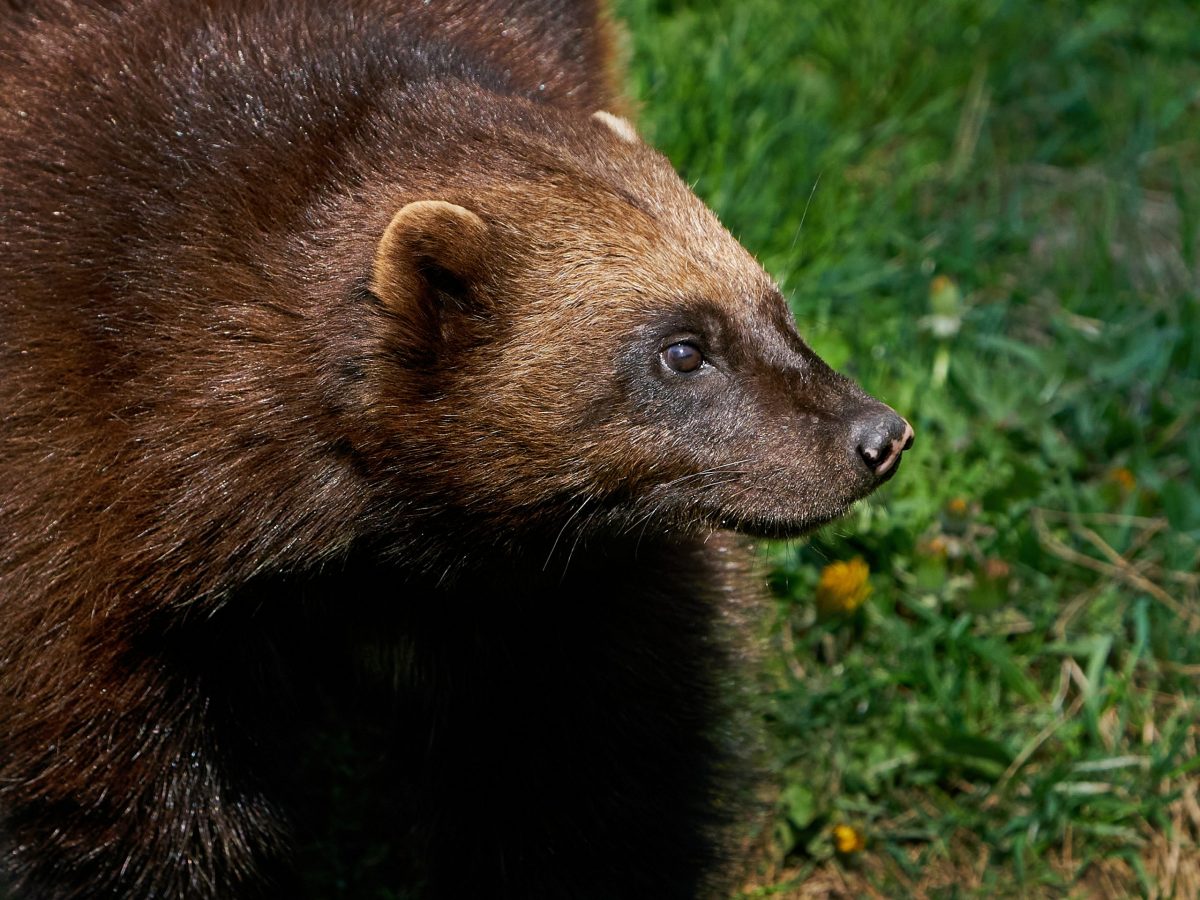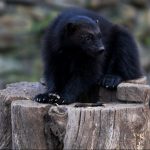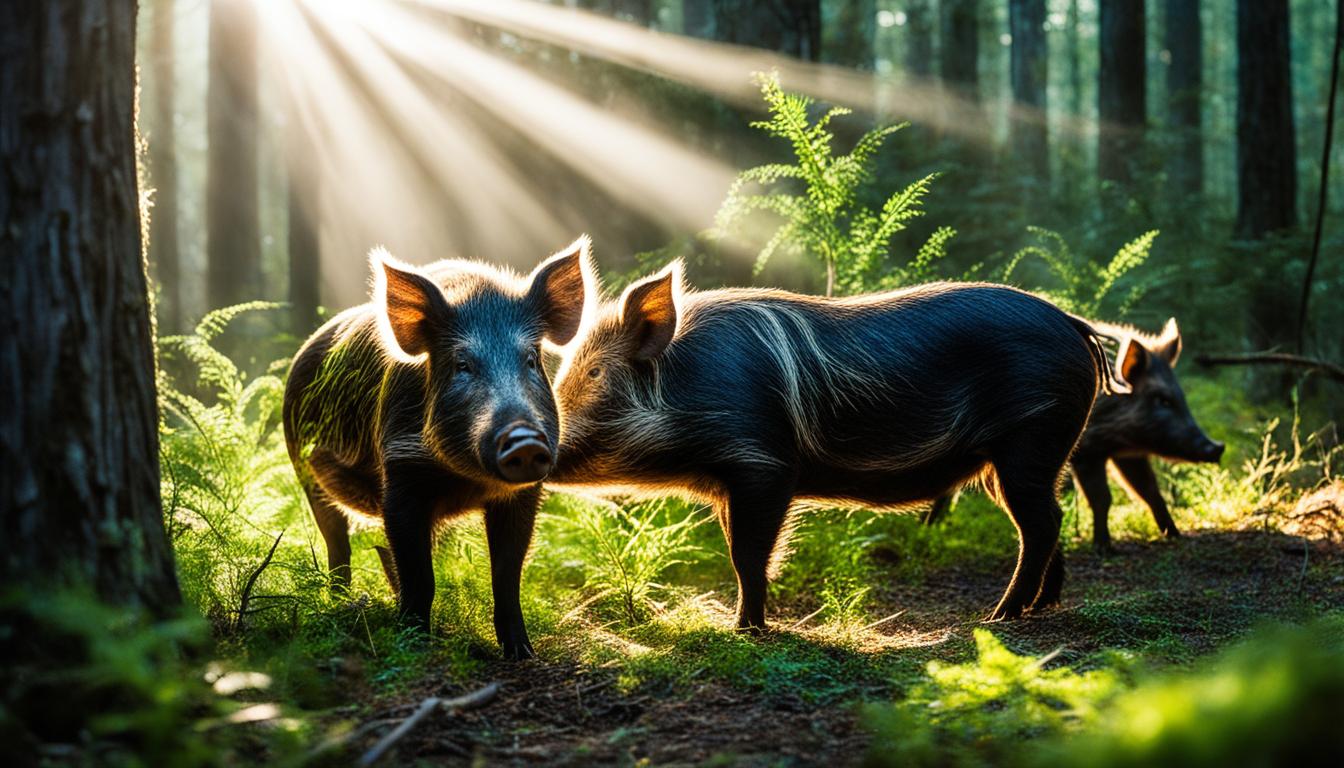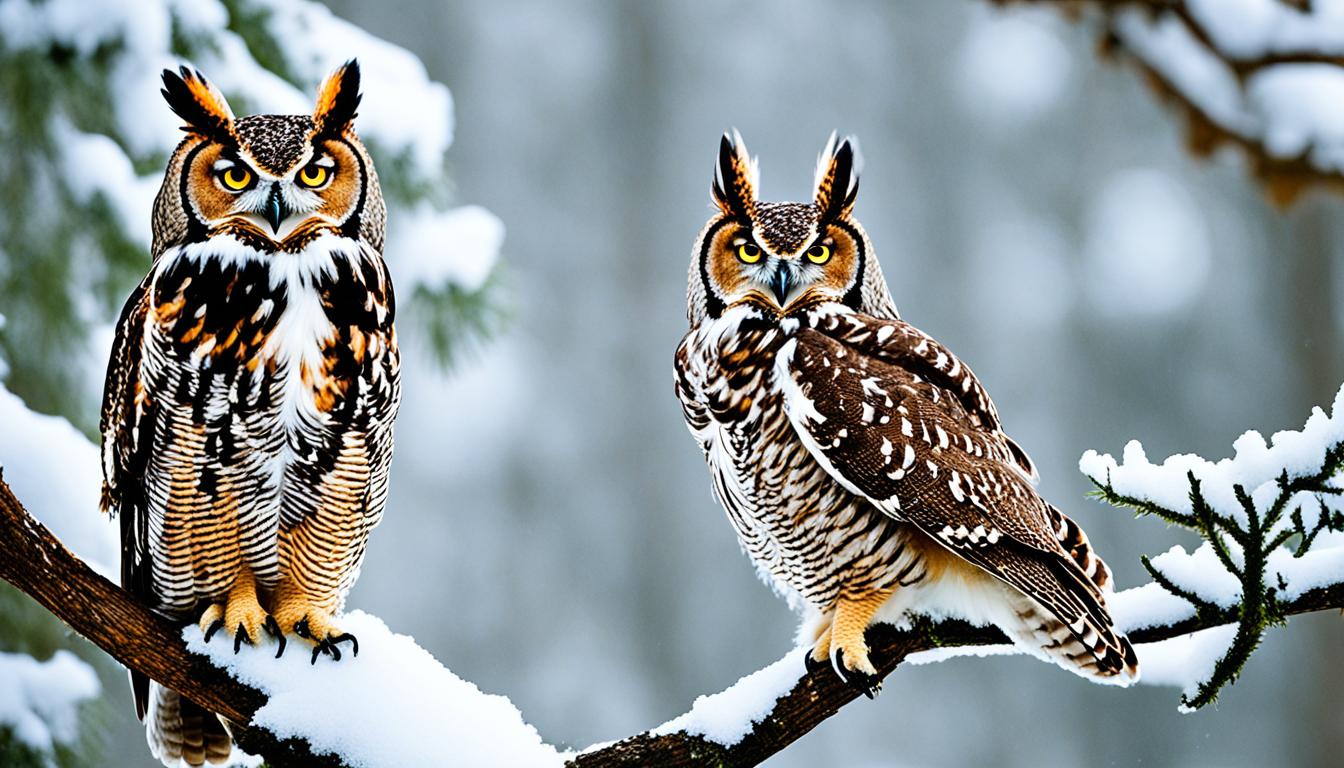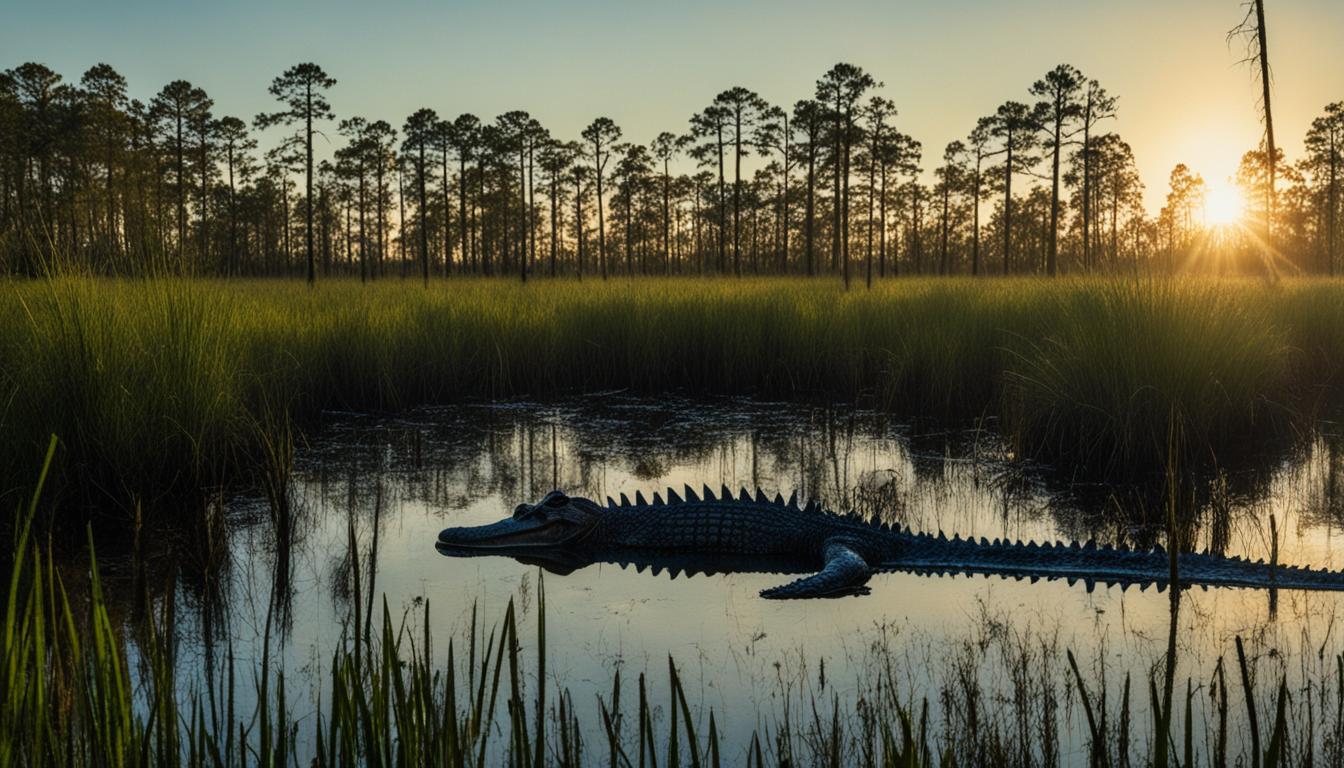Although there has never been a recorded attack on a human by a wolverine, according to the Alaska Department of Fish and Game, wolverines are hazardous to their fellow animals.
Wolverines have long been thought to be lonely animals with a reputation for being hostile. Read through to the end to clarify some misconceptions about these wild animals’ reputations and learn if they are genuinely deadly.
Wolverines are enormous carnivores that have long been feared by both animal and human hunters, and they are associated with a lot of stigmas and unjustified fear.
The biggest members of the weasel family, these bear-like creatures have a poor reputation for stealing prey and catching animals in manually set traps.
These small but strong animals live in the world’s coldest locations and, thanks to their big and thick paws, have no trouble following their prey in deep snow.
Wolverines have such a lot of misinformation constructed around them due to a lack of study and a widespread stereotype.
Another explanation for the negative connotation is that these critters are aggressive and irritable.
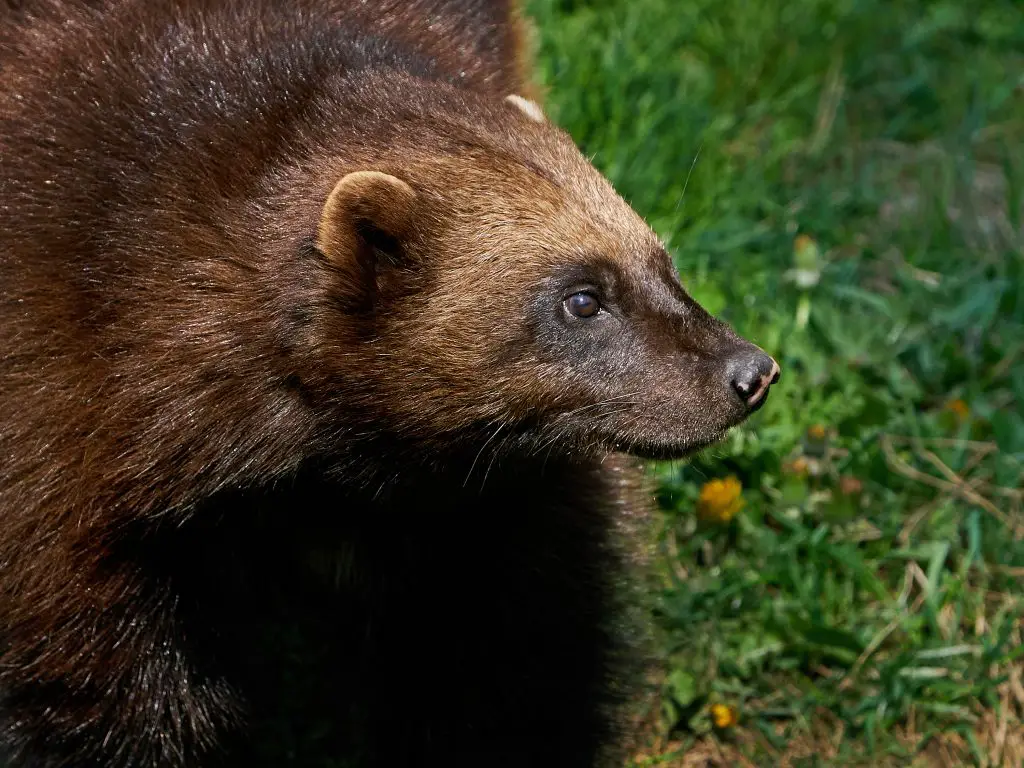
They are small, but in a battle, they can easily take out animals twice their size, and there have been reports of wolverines killing polar bears living in the northern mountains.
You can find several news videos showing wolverines battling off large predators like polar moose, bears, and even grizzly bears if you search for wolverine attacks.
These members of the weasel family have a reputation for being vicious loners who despise company and would kill anyone who will cross their path. However, this is not the case, and most of the tales about them are greatly overblown and contain little truth.
Can A Wolverine Kill You?
You may be wondering if these northern animals are capable of assaulting and hunting humans given that we have a better understanding of their nature. Wolverines prefer to stay far away from any potential danger, and they rarely engage in combat with other animals.
Wolverines have been found near human settlements, but no one has ever been attacked by one. Wolverines are scared of humans, even when they are close by, and attempt to keep a safe distance.
However, it is recommended that you stay as far away from these monsters as possible. Wolverines feed small creatures such as hibernation rodents, Arctic foxes, and beavers which are very easy to hunt and kill.
Small bears, deer, and stag are the only large creatures that wolverines have been known to hunt.
Small pets such as rabbits, cats, and even small dogs have already been known to be killed by wolverines living near settlements. They are especially well-known for stealing and murdering cattle.
As a result, if you live in an area where wild animals roam in close vicinity, you should be aware that keeping rubbish, food, and livestock out unattended is not a good idea.
So, they are most afraid of the humans and they will never attack humans at first because they will defend themselves if anyone will attack them.
Because of their violent temperament and history of upsetting hunters by snatching their game and catching animals from their traps, there are many stories about these monsters.
Are Orangutans Stronger Than Wolverines and Can They Attack Humans?
When it comes to strength comparisons among orangutans, humans, and gorillas, orangutans possess incredible power. However, in a head-to-head match, a wolverine would likely outmatch an orangutan. While orangutans are not known to attack humans, their formidable strength should never be underestimated.
Are Wolverines Scared Of Humans?
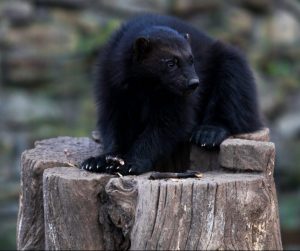
Yes, they are much scared of humans. This is because they like to live alone in a peaceful environment and do not like any kind of interruption in their habitat.
If any small dog or a cat will come their way they will kill them without thinking anything but if a human comes their way, they will get afraid and will change their way.
This is because they usually do not see or come across humans in their daily lives and whenever they see humans, they find them as a threat to themselves.
So they always try to avoid human interaction with them and will change their way.
So, if you ever come across wolverines in the wildlife, don’t be scared. They will change their way to keep you and yourself safe. They look very dangerous but this is just for the presentation. They are afraid of humans.

